Rejection of globalized production
Food miles
Food miles - the distance food travels from where it is grown to where it is ultimately purchased or consumed by the end user.
How much of the food you will eat today will be locally produced? And how much will travel hundreds, if not thousands, of miles before it is delivered to your plate? The more food miles that attach to a given food, the less sustainable and the less environmentally desirable that food is. The term food miles has become part of the vernacular among food system professionals when describing the farm to consumer pathways of food.
‘Campaign to protect rural England’ (CPRE)
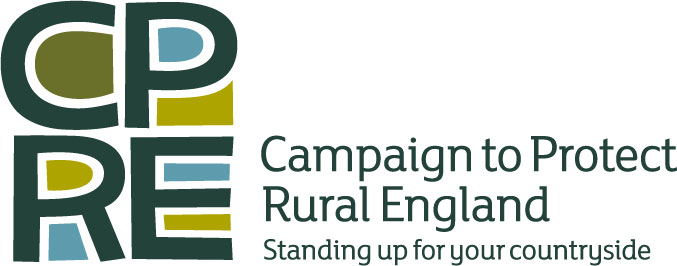
Source: https://www.wcl.org.uk/cpre.asp
Follow the link below for more information about CPRE.
Mecca-Cola
Rise of anti-immigration movements - National Front, France
National Front, French Front National (FN), right-wing French political party founded in 1972 by François Duprat and François Brigneau but most commonly associated with Jean-Marie Le Pen, who was its leader from 1972 to 2011. Since its beginnings, the party has strongly supported French nationalism and controls on immigration, and it often has been accused of fostering xenophobia and anti-Semitism.
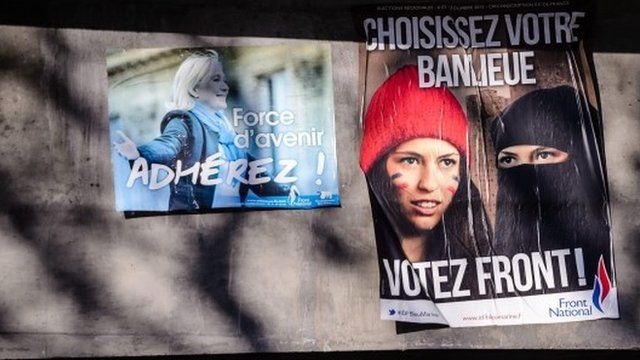 |
| Strength of the future. Join! Choose your suburb. Vote Front! |
Follow the links below for more information about the National Front.
Government and militia controls on personal freedoms to participate in global interactions
The great firewall of China
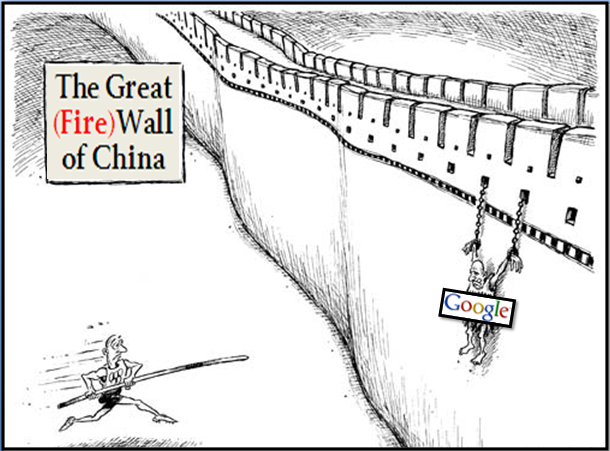
(Reuters) - The “Great Firewall of China” – the world’s most extensive effort to try to control cyberspace – has become more formidable under President Xi Jinping.
Authorities have closed some video and audio streaming websites, limited online access to foreign and “foreign-inspired” television programs, stiffened penalties for “spreading rumor” via social media and restricted access to virtual private networks.
Read more at: INTERNET: Living with the Great Firewall of China
Tantalum mining by militia in Congo - Smartphones and ethics
Follow the link below for more information about ethically sourced tantalum and militia mine control in Congo.
National trade restrictions
Protectionism
What is 'Protectionism'
Protectionism refers to government actions and policies that restrict or restrain international trade, often with the intent of protecting local businesses and jobs from foreign competition.
BREAKING DOWN 'Protectionism'
The merits of protectionism are the subject of fierce debate. Critics argue that over the long term, protectionism often hurts the people it is intended to protect by slowing economic growth and pushing up prices, making free trade a better alternative. Proponents of protectionism argue that the policies provide competitive advantages and create jobs. Protectionist policies can be implemented in four main ways: tariffs, import quotas, product standards and government subsidies.
Tariffs
There are three types of tariffs, also referred to as import duties, that can be implemented for protective measures. All forms of tariff are charged and collected by governments to raise the price of imports to equal or exceed local prices. Scientific tariffs are imposed to raise the prices of products to end users. Peril point tariffs are implemented when less-efficient industries are in jeopardy of closure due to an inability to compete on pricing. Retaliatory tariffs can be used as a response to excessive tariffs being charged by trading partners.
Import Quotas
Trade quotas are non-tariff barriers that are put in place to limit the number of products that can be imported over a set period of time. The purpose of quotas is to limit the supply of specified products, which typically raises prices and allows local businesses to capitalize on unmet demand. Quotas are also put in place to prevent dumping, which occurs when foreign producers export products at prices lower than production costs. An embargo, in which the importation of designated products is forbidden, is the most severe type of quota.
Product Standards
Limitations based on product standards are implemented for a variety of reasons, including concerns over product safety, sub-standard materials or labeling. Whether these concerns are valid or exaggerated, limiting imports benefits local producers. For example, French cheeses made with raw, instead of pasteurized, milk must be aged at least 60 days prior to being imported to the U.S. Because the process for producing young cheeses is often 50 days or fewer, some of the most popular French cheeses are banned, providing local producers the opportunity to compete with pasteurized versions.
Government Subsidies
Governments can help domestic businesses compete by providing subsidies, which lower the cost of production and enable the generation of profits at lower price levels. Examples include U.S. agricultural subsidies and subsidies paid by the Chinese government to help grow the country's automotive industry.
Resource nationalism
Resource nationalism describes a government's effort to gain greater benefit from its natural resources — sometimes to the detriment of private companies.
Those that have natural endowments such as minerals and other commodities have been continually assessing how they can acquire more revenue from these resources. This could be done by various means – taxes, royalties or full-scale state-ownership – however they need to be vigilant in that significant charges to overseas companies might inhibit foreign direct investment (FDI) which is crucial to many countries that have plentiful natural resources.

The role of civil society in promoting international-mindedness and participating in global interactions
Social media use - Avaaz
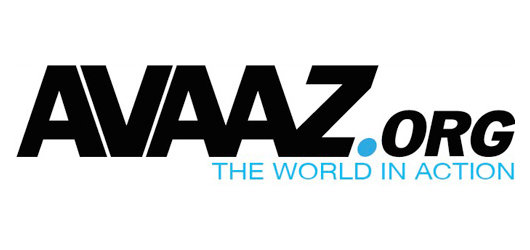
Avaaz—meaning "voice" in several European, Middle Eastern and Asian languages—launched in 2007 with a simple democratic mission: organize citizens of all nations to close the gap between the world we have and the world most people everywhere want.
Avaaz empowers millions of people from all walks of life to take action on pressing global, regional and national issues, from corruption and poverty to conflict and climate change. Our model of internet organising allows thousands of individual efforts, however small, to be rapidly combined into a powerful collective force.
The Avaaz community campaigns in 15 languages, served by a core team on 6 continents and thousands of volunteers. We take action -- signing petitions, funding media campaigns and direct actions, emailing, calling and lobbying governments, and organizing "offline" protests and events -- to ensure that the views and values of the world's people inform the decisions that affect us all.
Follow the links below for different perspectives about social activism and the role Avaaz plays.
Campaigning for internet freedom - 'Keep us online' India
India had more Internet shutdowns in 2016 than any other country.
State governments were able to shut down the Internet in different parts of the country, affecting millions of people. What’s worse is that these shutdowns happened on some official’s whim with no accountability or oversight.
Internet shutdowns are not only a violation of human rights, they also cost India more than Rs.6000 crores per year.
State governments justify Internet shutdowns by citing reasons ranging from preventing protests and riots, to stop exam cheating. But there’s evidence that shows that shutdowns do more harm than good. In 2016, the Bangalore police effectively used Twitter and WhatsApp during the Kaveri river riots to prevent panic and highlight police presence in volatile areas.
Source: https://keepusonline.in/
Synthesis and evaluation
Use the content from this post to plan an answer for the following question:
‘Explain how the advantages of globalization must be weighed against heightened possibilities of new geopolitical and economic risks’ 18 marks.
Use markscheme on page 56 from the new syllabus guide (AO3)

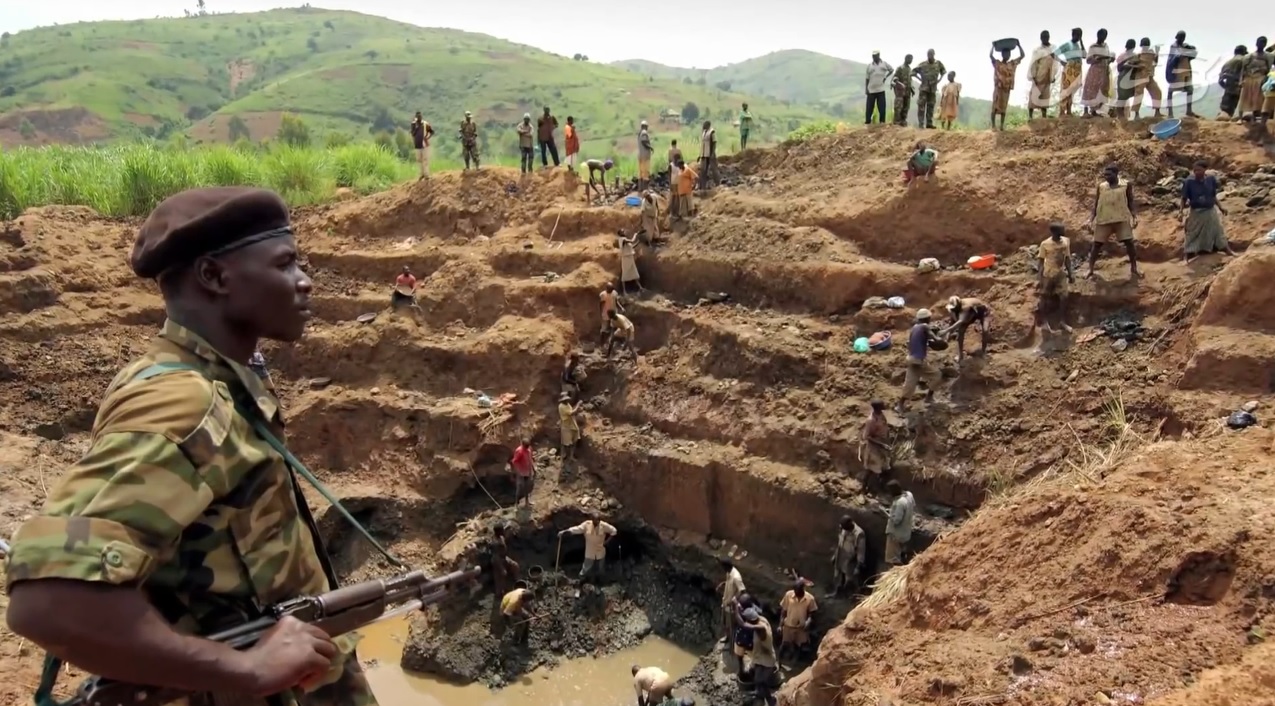
No comments:
Post a Comment